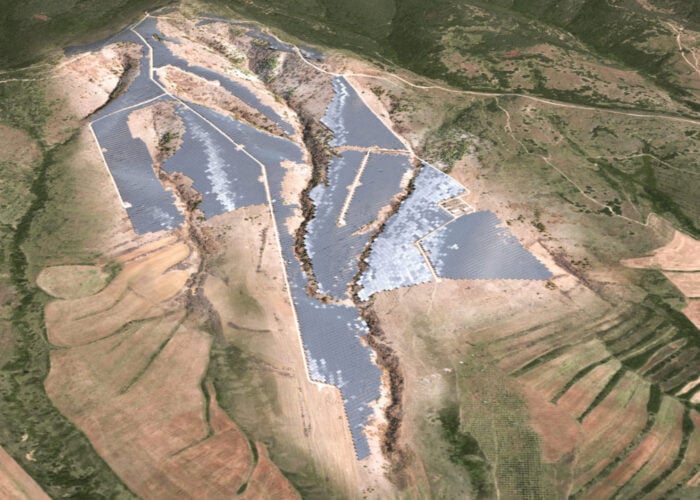REC Silicon has revealed that it will halve production at its Moses Lake facility in Washington State as a result of the ongoing polysilicon trade dispute with China.
The cut in the fluidised bed reactor (FBR) production has taken 2000MT off its 2015 production guidance. It also announced that planned expansions at the facility are on hold.
Unlock unlimited access for 12 whole months of distinctive global analysis
Photovoltaics International is now included.
- Regular insight and analysis of the industry’s biggest developments
- In-depth interviews with the industry’s leading figures
- Unlimited digital access to the PV Tech Power journal catalogue
- Unlimited digital access to the Photovoltaics International journal catalogue
- Access to more than 1,000 technical papers
- Discounts on Solar Media’s portfolio of events, in-person and virtual
“In spite of being the world's lowest cost producer of solar grade polysilicon, we are no longer able to access the Chinese market without a 57% duty,” said Tore Torvund, CEO, REC Silicon. “None of our global competitors outside of the US face this duty, so it is only adversely affecting the two US polysilicon producers that were previously accessing China.”
Wacker Chemie negotiated a minimum import price agreement with China that excuses it from the duties.
“We have experienced very real consequences from this ongoing trade war and it is hard to see that it will be resolved without mutual agreement from both the US and China. Regrettably, due to the effects of the trade dispute, in order to adapt to the present situation, we have decided to undertake roughly 50% reduction in the production capacity in Moses Lake for the rest of the year,” Torvund said, adding that this capacity can be put back to work should a settlement be agreed between the US and China. The company told PV Tech there would be no job losses as a result of the temporary shutdown with existing staff replacing contracters for maintenance duties, ensuring the plant is ready for a restart and lowering costs.
Results
The company’s Q2 revenue of US$93 million was up on the previous quarter’s US$74.4 million but down on the Q2 2014 figure of 126.9 million.
The company also revealed it continued to see better than expected cost saving from its FBR technology of US$11/kg compared to its target figure of US$11.5/kg.







